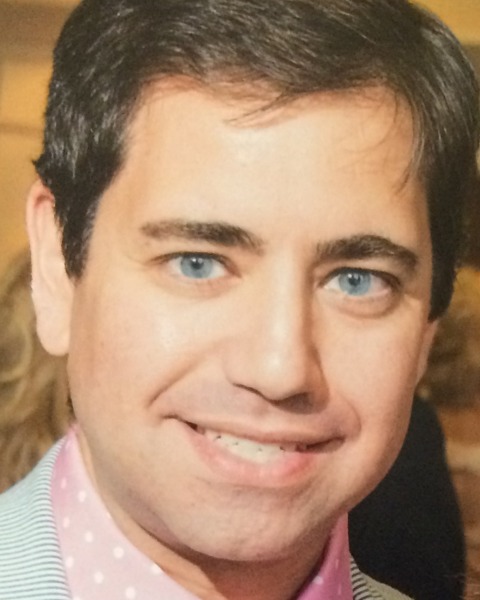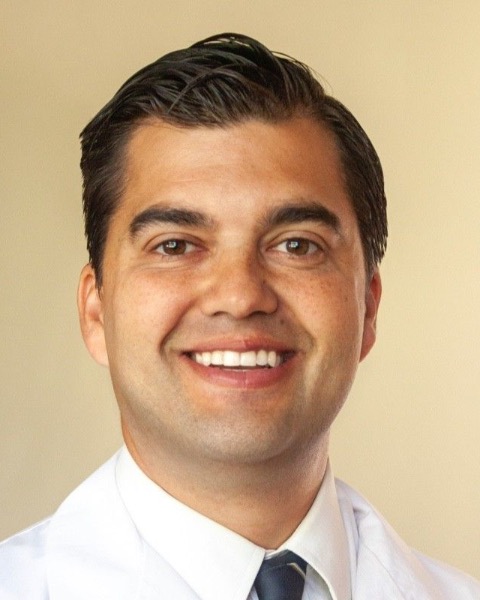Back
Leadership
E1: The Art of Managing Conflict When Things Aren't Working
Tuesday, October 8, 2024
8:00 AM - 9:00 AM MST
Location: 505/506/507

Christopher J. Russo, MD MBA CPE (he/him/his)
Director of Pediatrics and Medical Director for Quality and Innovation
WellSpan Health, Pennsylvania
Justin Boer, MD, FAAP
Pediatric Hospitalist
WellSpan Health, Pennsylvania
Speaker(s)
Eligible for: ACMPE: 1 | ACHE: 1 | CEU: 1 | CME(AAPC*): 1 | CPE: 1.2 | PDC: 1
Interactive | Intermediate | Application
Conflict is inevitable, but few physicians and providers and staff are taught skills for managing that conflict. Handled poorly, conflict can destroy relationships and groups with implications for patient safety. Handled well, conflict can be constructive and a key catalyst for growth. In this presentation, participants will be introduced to different conflict management styles and conflict scenarios, such as clinical disagreements with colleagues, competing funding priorities, unprofessional conduct and dysfunctional interprofessional collaboration. Participants will learn key strategies for conflict management, including establishing a game plan, prioritizing issue importance, understanding relationship importance, setting time limits and creating a psychologically safe environment. Participants will then learn from case-based modules and practice employing these newly learned skills. Finally, participants will learn how to leverage conflict constructively into healing and growth opportunities. Particular attention will be paid to understanding how biases, privilege and power differentials can precipitate and exacerbate conflict, and how to recognize and address these potentials.
Interactive | Intermediate | Application
Conflict is inevitable, but few physicians and providers and staff are taught skills for managing that conflict. Handled poorly, conflict can destroy relationships and groups with implications for patient safety. Handled well, conflict can be constructive and a key catalyst for growth. In this presentation, participants will be introduced to different conflict management styles and conflict scenarios, such as clinical disagreements with colleagues, competing funding priorities, unprofessional conduct and dysfunctional interprofessional collaboration. Participants will learn key strategies for conflict management, including establishing a game plan, prioritizing issue importance, understanding relationship importance, setting time limits and creating a psychologically safe environment. Participants will then learn from case-based modules and practice employing these newly learned skills. Finally, participants will learn how to leverage conflict constructively into healing and growth opportunities. Particular attention will be paid to understanding how biases, privilege and power differentials can precipitate and exacerbate conflict, and how to recognize and address these potentials.
Learning Objectives:
- Discover three conflict management styles
- Apply two strategies for conflict management
- Manage conflicts constructively for healing and growth opportunities
